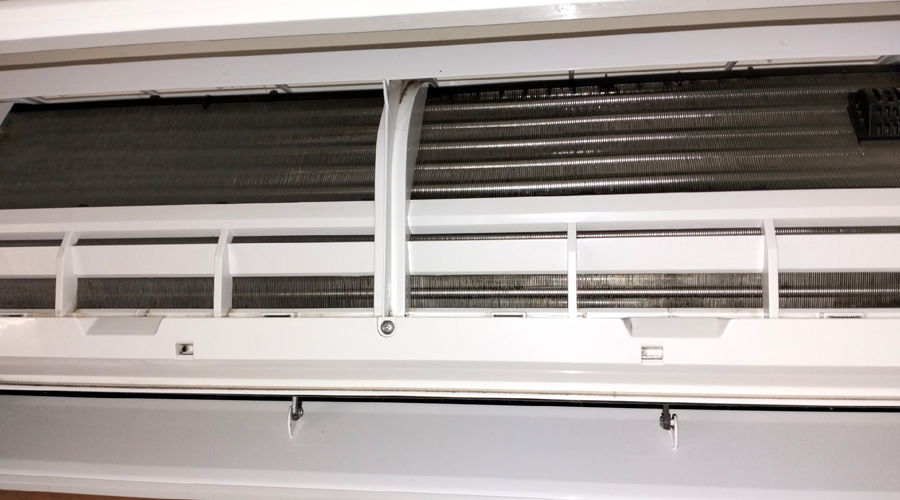
While it may be invisible, indoor air quality (IAQ) has a big impact on our health and comfort at home. It’s easy to assume the air we breathe is pretty clean – but the truth is, many of us aren’t even aware of the minute microbes and ultrafine particles that we live with every day. Along with more obvious things like cigarette smoke, dust mites and pet allergens, one of the greatest factors to influence indoor air quality is mould. Apart from being unsightly, mould releases microscopic spores into the air we breathe, which can wreak havoc on our health, especially for those prone to allergies.
Banishing mould can be a tricky task, so we’ve gathered our top tips for detecting and eradicating this nasty stuff and improving your indoor air quality for good.
Tip 1. Assess your ventilation situation
Mould absolutely loves damp environments, so it tends to grow in places where moisture can’t easily escape (like your bathroom, kitchen or laundry). In many cases, you can resolve the issue by improving ventilation through windows or vents.
If natural ventilation in a living or sleeping area is an issue, a good air conditioner or dehumidifier can do the trick, which can draw air from the outside and circulate it inside, reducing the humidity in your home without affecting the temperature.

Tip 2. Don’t let water hang around
Be vigilant, take care to dry your kitchen and bathroom areas thoroughly after you’ve finished using them (mould can grow in as little as 24 hours!). Keeping bathroom exhaust fans running while you’re showering (and for 30 minutes after) is a good idea too.
Tip 3. Take advantage of mould-fighting products
If you’re building a new home or renovating, you’ll be happy to hear there are some mould-resistant products you can use to prevent mould: things like mould-resistant plasterboard and mould-resistant insulation. For existing homes, it can be worth looking into waterproofing paints for problem spots around the house.
Tip 4. Keep an eye on indoor plants
While indoor plants can help improve your indoor air quality by filtering pollutants, they can also provide the perfect breeding ground for mould. To stop this from happening, don’t let excess water stagnate in drip trays when you water. A good tip is adding a dash of natural antifungal substance that can hinder mould growth in the plant soil.

Tip 5. Don’t ‘set and forget’ your air conditioner or dehumidifier.
Regularly cleaning or replacing filters as required is a simple way to keep your unit running at its best, and sticking to a regular servicing schedule can also make a world of difference to your unit’s ability to keep your air clean. Learn more about why air-conditioners should be cleaned here.
Now you’re armed with these tips, why not sort those trouble spots and enjoy fresher air every day? Check out the best time of year to get your air-conditioner serviced here, or contact our team for any enquiries. We look forward to assisting you:
